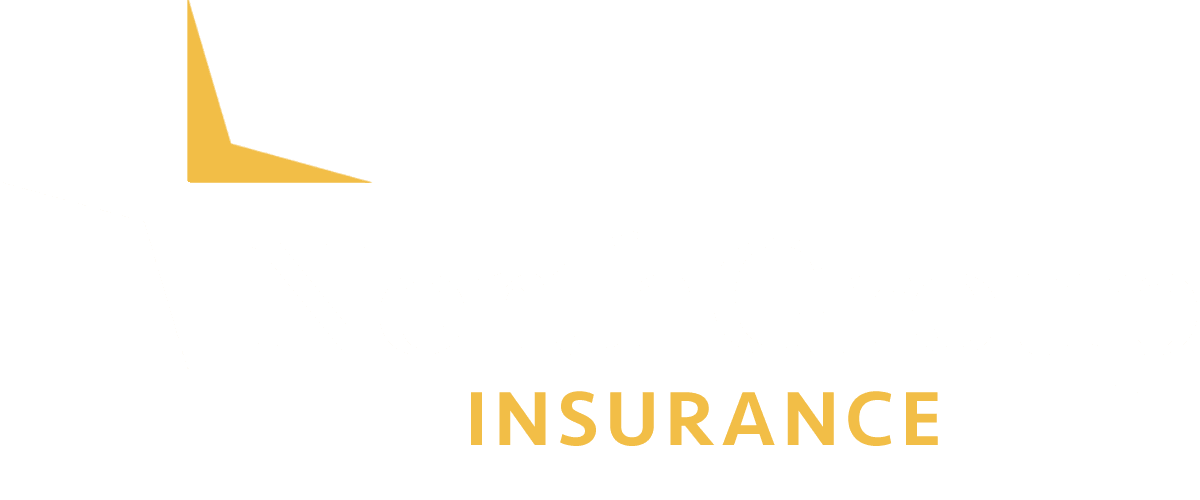Home > Insurance Blog > How to Reduce Expenses in Your Small Business
How to Reduce Expenses in Your Small Business

One of the most common struggles for small businesses involves managing costs and reducing expenses. It’s essential for maintaining profitability and fostering growth. Practical strategies such as renegotiating contracts, optimizing energy usage, and exploring cost-effective technology solutions can help owners effectively reduce expenses without compromising quality or productivity, ensuring long-term sustainability and success.
Analyze and Monitor Your Spending
Analyze and monitor spending by conducting a thorough review of all expenses. Utilize accounting software or tools to track spending patterns and identify areas for optimization or reduction. Assessing where funds are allocated allows businesses to make informed decisions, streamline operations, and allocate resources more efficiently, ultimately enhancing financial health and sustainability. Regular monitoring provides ongoing alignment with business goals and enables adjustments to be made promptly in response to changing circumstances.
Optimize Your Workforce Costs
Workforce costs can get out of hand, leading to significant business expenses. You can optimize such costs in the following ways:
- Implement flexible staffing solutions. Part-time, freelance, and remote workers offer cost-saving benefits by adjusting staffing levels to workload demands, reducing expenses associated with salaries, benefits, and overhead costs, and ensuring adequate coverage during peak periods.
- Cross-train employees to handle multiple roles. Cross-training enables versatility, allowing employees to perform several roles, reducing the need for specialized hires, minimizing training costs, and efficiently adapting to workload fluctuations.
- Automate repetitive tasks to save on labor costs. Automation streamlines workflows, reducing manual labor time and resources, allowing employees to focus on higher-value tasks, and enhancing productivity and efficiency.
- Review benefits and compensation packages so they align with industry standards.
Regularly assessing packages helps with competitiveness, attracting and retaining top talent while optimizing costs, maintaining a motivated workforce, reducing turnover, and enhancing operational efficiency.
Utilize Technology Efficiently
You can employ business technology efficiently to reduce business expenses by investing in cost-effective software solutions for operations, such as project management and communication tools. You can also utilize cloud-based services to minimize IT infrastructure costs and implement online marketing strategies to reduce traditional advertising expenses. Leveraging technology enables businesses to streamline processes, lower overheads, and maximize resources, ultimately enhancing productivity and profitability.
Streamline Inventory Management
Just-in-time inventory practices minimize storage costs by ordering goods as needed. Implementing inventory management software allows for tracking stock levels, optimizing ordering, and reducing excess inventory. Regularly reviewing inventory prevents overstocking and obsolescence, ensuring efficient use of resources and maximizing profitability while maintaining optimal stock levels to meet customer demand.
Review Insurance Policies
Reviewing insurance policies is essential for cost management. Evaluate current policies to ensure they meet your needs without paying for coverage you do not need. Bundle policies for discounts and regularly compare insurance providers for the best rates. Promoting a culture of frugality and efficiency within the workplace can further reduce overall expenses, enhancing financial stability.
Achieving Financial Efficiency
Achieving financial efficiency is a major goal for small business sustainability. Reducing expenses is key for long-term profitability and growth. Consistent spending monitoring and strategic planning help identify cost-saving opportunities and implement effective measures. By maintaining financial discipline and continually optimizing resources, small businesses can enhance stability, improve cash flow, and foster a resilient and thriving enterprise.
If you need help finding cost-effective insurance solutions for your small business, call your local agent today to discuss how we can support your financial goals.
